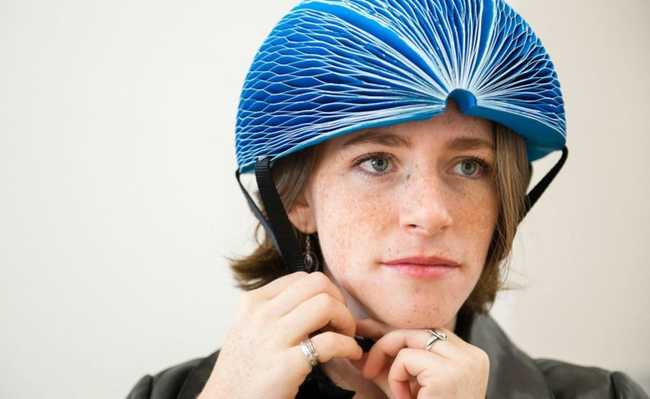The best herbs in essential oil form for sleeping
Find out which essential oil best fits your bedtime routine

Edited and resized image by Kelly Sikkema is available on Unsplash
Herbs have amazing properties known from ancient times to ancient societies. In essential oil format these properties are enhanced. Discover some herbs in essential oil format for sleeping that will help you improve your nights. But remember never to ingest essential oils, dilute them before using and do the allergy test on the inside of the arm before applying to larger areas.
Essential oils must be diluted in a carrier oil (such as grape seed oil, almond oil, sesame oil, etc.) before being applied to the skin. This reduces the risk of irritation. For adults, every five drops of essential oil should be diluted in one tablespoon of carrier oil. The use of essential oils in children must be under medical supervision. For children, the mixture is much more dilute, with a ratio of one drop of essential oil to one tablespoon of carrier oil.
lavender essential oil

Edited and resized image of Dorné Martining, is available on Unsplash
Lavender is suitable for people who suffer from insomnia or other sleep disorders. Typically, you place branches of the flower or its essential oil on the pillowcase overnight.
- Insomnia: what is it, teas, remedies, causes and how to end it
- How to sleep fast with 13 tips
- Is Passion Flower Soothing? Understand
Aromatherapists use lavender essential oil to treat headaches, nervousness and restlessness. Massage therapists sometimes apply lavender essential oil to the skin, which can work both as a calming agent and a sleep aid. In Germany, lavender tea has been approved as a supplement to treat sleep disturbances, restlessness and stomach irritation.
- Discover 12 types of massage and their benefits
Also, according to a 2012 survey, lavender essential oil can be used for anxiety (if that's the problem preventing you from sleeping), as it calms down by affecting the limbic system, the part of the brain that controls emotions.
- 18 types of essential oil for anxiety
At bedtime, you can dilute five drops of lavender essential oil in a tablespoon of sesame oil and apply a damp finger at mid-brow, another at heart level, and massage cinnamon and feet with the rest. In addition, you can apply ten drops of lavender essential oil in a diffuser turned on in the bedroom at bedtime. Learn more about this essential oil for sleeping in the article: "Lavender essential oil has proven benefits".
lemongrass essential oil
Lemongrass essential oil is highly concentrated. Whether it is effective at bedtime is uncertain, but some people report drowsiness as a side effect of its use, which can be a good feature if you need sleep. In some people, it may have stronger effects than the lemongrass side effects. You can apply ten drops of lemongrass essential oil in an attached diffuser in the bedroom at bedtime. Learn more about this essential oil in the article: "11 Benefits of Lemongrass Essential Oil".
- What can sleep deprivation cause?
Vetiver essential oil
Using vetiver essential oil in a diffuser at bedtime can help improve your breathing patterns. A small 2010 study measured the response of 36 people who were exposed to different scents during sleep.
The essential oil of vetiver increased the quality of expiration and decreased inspiration when study participants who slept inhaled it. This could mean that vetiver essential oil can help people who snore heavily. If you are one of those people who wake up with a start with the noise of their own snoring or someone else sleeping beside them, this can be a good way to sleep better. Learn more about this essential oil in the article: "Vetiver essential oil: benefits and what it is for".
Other ways to improve sleep
- Do not drink caffeine after 14:00;
- Try to have dinner until 6:00 pm, 7:00 pm, or 8:30 pm, especially if you have a medical condition that interferes with your sleep, such as acid reflux;
- Completely disconnect for an hour before bed. The blue light emitted by electronic devices and light bulbs interferes with your body's production of melatonin. Melatonin is a chemical produced by the brain that regulates sleep;
- Establish a bedtime ritual. This can signal to your brain that it's time to relax and help catch up on your circadian rhythm. Simple strategies, like taking a hot shower and putting on your pajamas, usually work.
If these lifestyle changes aren't working, get help from a psychologist or psychologist.










